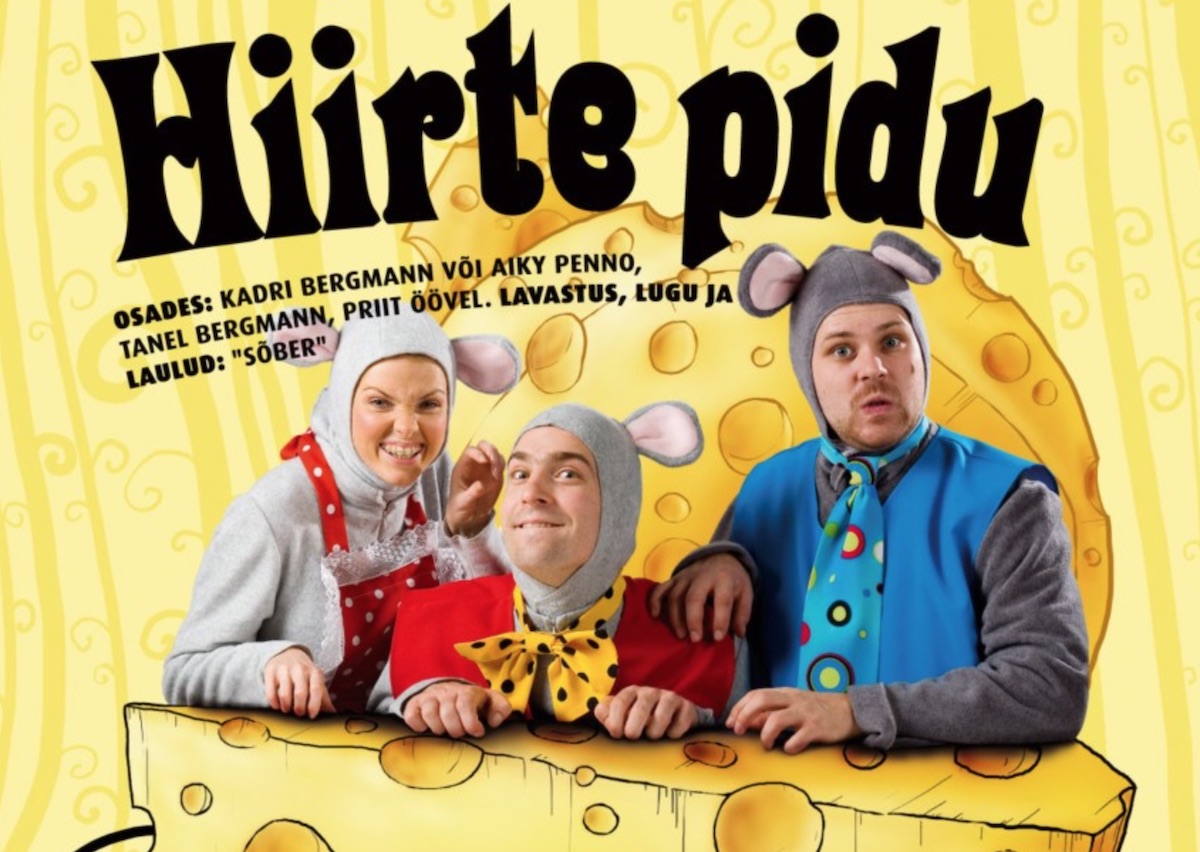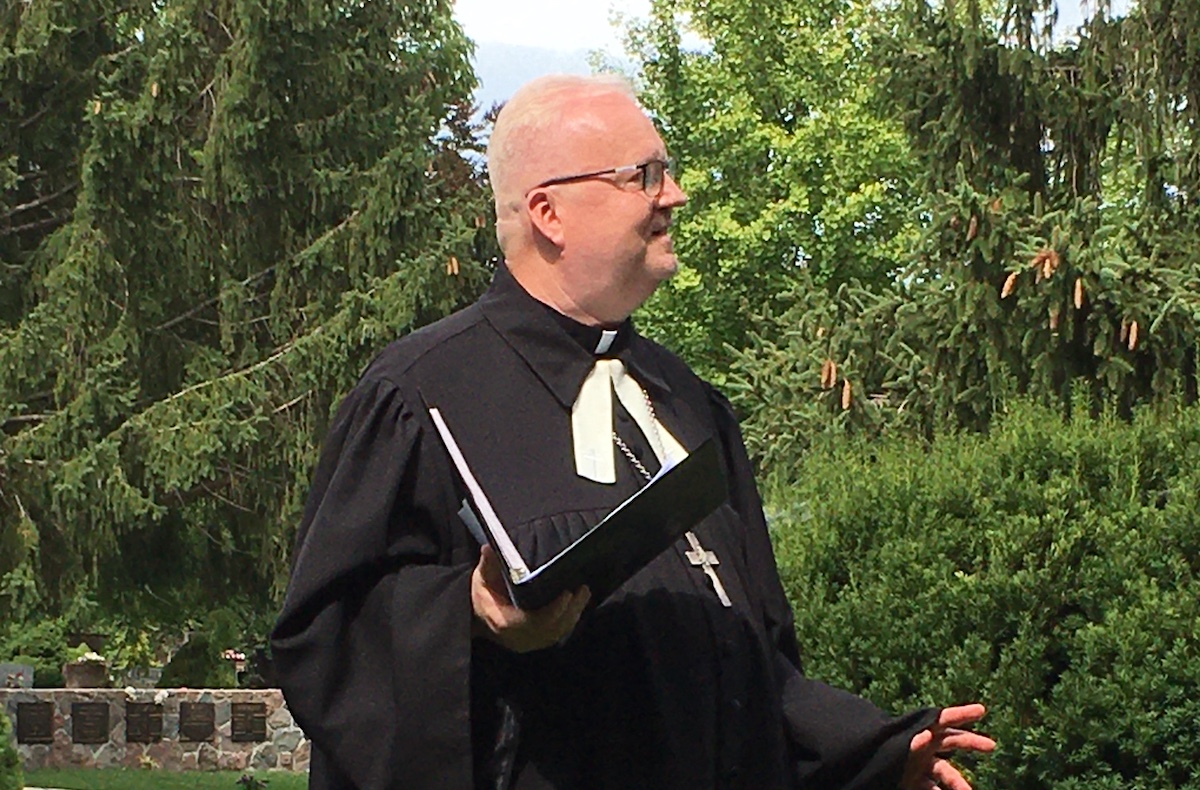This old saying can be examined more literally, too. Keeping mice and other rodents outside, out of the house, has long been a human fixation. Archaeologists have discovered ancient Egyptian pottery that functioned as rodent traps. For thousands of years, people have kept pests away for reasons of sanitation and health. In extreme circumstances, rodents can spread bacteria and transmit diseases through biting, contaminating food, and transporting fleas. Mice may nibble at food packaging and make a mess with their excrement.
To prevent this, traps and cages of all kinds have been devised, including one particular mousetrap in the Eesti Rahva Muuseum collection, from Lüganuse parish in northern Estonia, circa 1867. It consists of two heavy planks of wood and a thin piece of wood in between that effectively works like a class one lever. The thin piece of wood is held down by the weight of some morsel of food, and on the other end of this lever is all that separates the two heavy planks from crushing whatever moves the bait.
Aside from traps, we also domesticate some animals, namely cats, to stalk and fight it out with other animals we'd rather not have around. Both tactics point to a desire for control over our environment, just like how rules are intended to maintain order.
This old saying advises us to keep responsible leaders around. Teachers are needed to keep their pupils on track. A captain keeps the ship going in the right direction. A quarterback leads their team to the end zone.
This vanasõna colourfully describes day-to-day life as it might have been in an Estonian country house. Cats were essential to the function of a home, to guard precious food and maintain the health of inhabitants. However, for all its descriptiveness and lessons, I can't help but notice a slightly authoritarian tone in this proverb. For what it's worth, this might say something about how life was controlled in the times of Baltic manors and serfs. The tone of the phrase “kass kodunt ära, hiirtel pidu” leaves me wondering if this might be something we tell ourselves when we don't trust our own ability to lead ourselves individually.
Written by Vincent Teetsov




